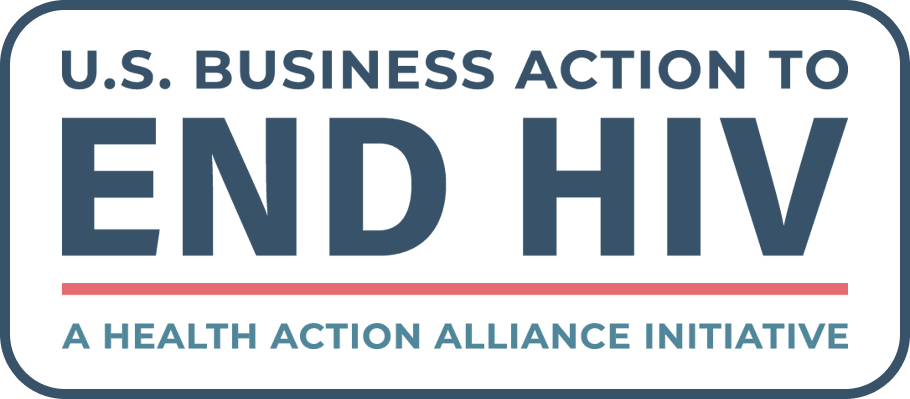
| TBD Panels | 3-Panel STD Test | 9-Panel STD Test | 5-Panel STD Test | 3 Site: Oral, Rectal, Genital |
|---|---|---|---|---|
| Chlamydia |  |  |  |  |
| Gonorrhea |  |  |  |  |
| Trichomoniasis |  |  |  | |
| HIV (Ag/Ab) |  |  | ||
| Syphilis |  |  | ||
| Hepatitis B & C |  | |||
| HSV I |  | |||
| HSV II |  |
- 8 E Charleston Blvd
- Las Vegas, NV 89104
- Tues and Fri
- 10 AM – 2PM
- Contact us:
- +1 (702) 909-0554
- hello@tbd.health

| TBD Panels | 3-Panel STD Test | 9-Panel STD Test | 5-Panel STD Test | 3 Site: Oral, Rectal, Genital |
|---|---|---|---|---|
| Chlamydia |  |  |  |  |
| Gonorrhea |  |  |  |  |
| Trichomoniasis |  |  |  | |
| HIV (Ag/Ab) |  |  | ||
| Syphilis |  |  | ||
| Hepatitis B & C |  | |||
| HSV I |  | |||
| HSV II |  |

Monkeypox is one of the hot topics in the media recently, with a lot of misinformation out there and a lot of conflicting information causing folks to have a lot of questions - is it an STI? Is it everywhere? Could I get it from a monkey?
As a medical community, we are still learning more about Monkeypox and how this infection spreads and behaves. Lori Grant, one of our clinicians, dispels some myths and shares some key information to know about Monkeypox.
Is Monkeypox sexually transmitted? While Monkeypox can be spread by sexual contact, it is not a classical sexually transmitted disease. Sex does require close contact (for many people) and therefore it is the close contact that is the issue.
Does this infection only impact gay men? No, there have been reported cases of Monkeypox in individuals who are men who have sex with men. But by no means does this mean that it is affecting this population only. Anyone who has close contact with someone with active lesions (rash) or symptoms may be at risk.
**How is this transmitted? ** The answer is close contact, which can include (but is not limited to) sex. People usually become infected with the monkeypox virus through contact with the skin lesions or bodily fluids of infected animals or humans. We also know it can be spread through respiratory droplets in prolonged, face-to-face contact (think making out). Kissing, cuddling, and touching areas where infected sores are can spread this. It’s unlikely that you would get this by walking past someone with an infection on the street.
My chances of getting this are high, right? No, not in the U.S. currently. The chance of being exposed to the general public at this time is low. As of June 13, 2022, the CDC reports 65 confirmed cases of Monkeypox in the United States. This number may not represent the full amount of cases since testing can take time, but it’s much lower than cases of other infections in the U.S., such as COVID-19.
What are the symptoms? Symptoms include fever (≥100.4°F), headache, muscle aches, and swollen lymph nodes, followed by a rash. That rash usually changes in its appearance, from several flat lesions that may increase to bumps or blisters and eventually scab over. It can look similar to other rashes, like herpes or syphilis (and people can have multiple infections at the same time), so it’s worth speaking with your healthcare provider if you notice a new rash.
What do I do if I have symptoms? If you develop symptoms and have had recent travel or exposure you should isolate, contact your health care provider and avoid exposing others until you have received further guidance from your healthcare provider. (Remember, it’s possible that these symptoms can be caused by a number of other causes, like other viruses).
How can I help protect myself? Avoid or limit close contact with someone who has a new or unusual rash or new flu-like symptoms and/or if you know they’ve been exposed to Monkeypox. And, as always, wash your hands!
** TBD Recommends: Take our sexual health questionnaire**
This article provides information about sexual health, healthcare and/or related subjects. The blog content and any linked materials herein are not intended to be, and should not be construed as a substitute for, medical or healthcare advice, diagnosis or treatment. Any reader or person with a medical concern should consult with an appropriately-licensed physician or other healthcare provider. This blog is provided purely for informational purposes. The views expressed herein are not sponsored by and do not represent the opinions of TBD HEALTH INC.
Email us and a team member will get back to you within 24 hours. We’re also available via call or text at +1 (702) 909-0554
Sign up below to get 10% off
By providing my email address, I agree to receive email with marketing communications from TBD Health including news, promotions and exclusive offers. I understand that I can opt out at any time by using unsubscribe links. Visit our Terms of Service or Privacy Policy for more information.









